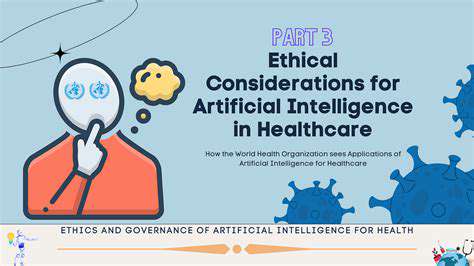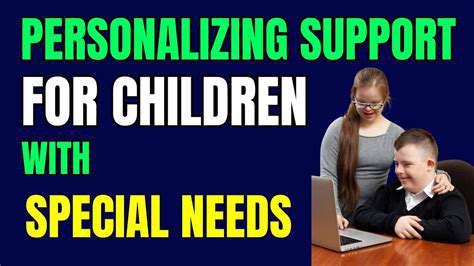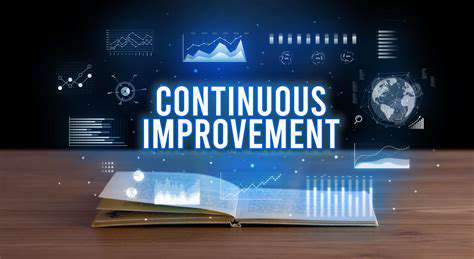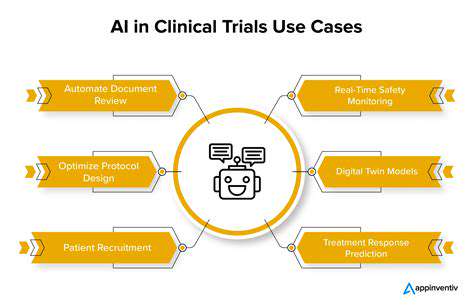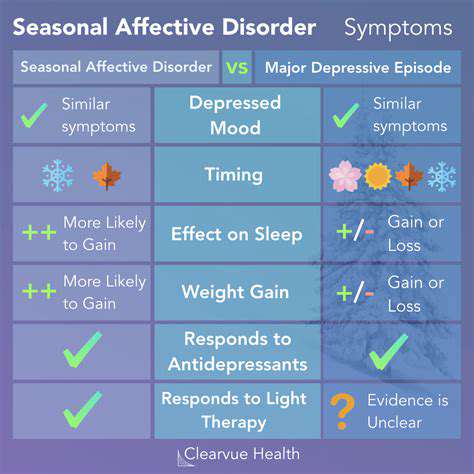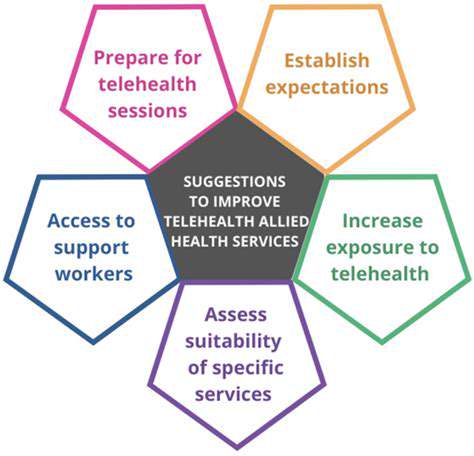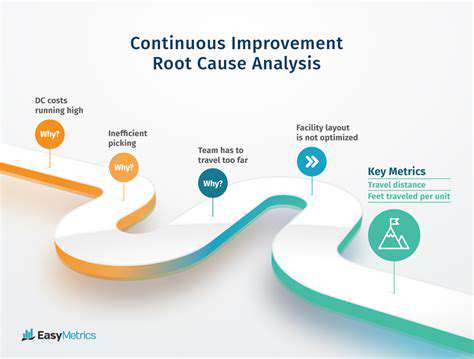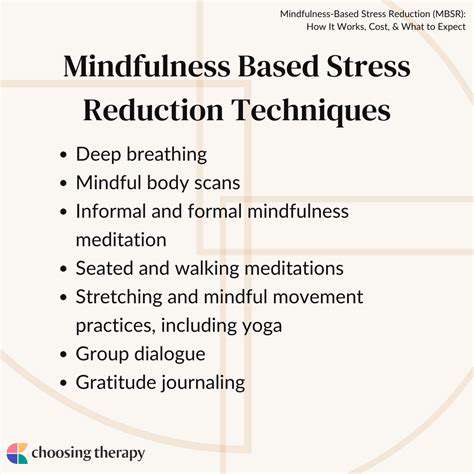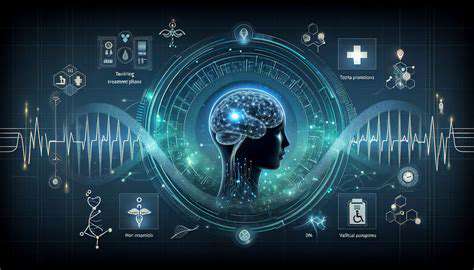Your Personalized Guide to Managing Chronic Pain and Mental Health
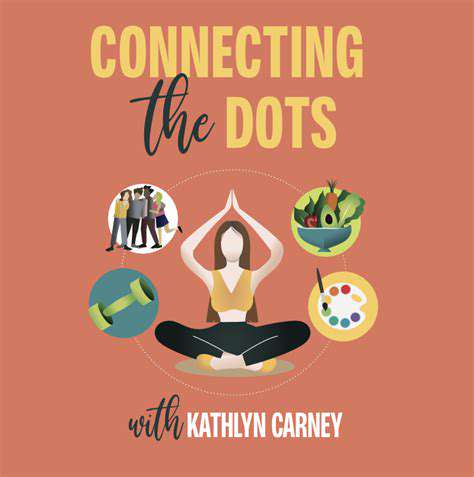
Understanding the Interplay of Pain and Mental Health
Chronic pain can significantly impact mental well-being, creating a complex interplay where one condition often exacerbates the other. The physical discomfort associated with pain can lead to stress, anxiety, and depression. This negative feedback loop can be challenging to break, as pain can trigger negative thoughts and emotions, further intensifying the experience.
Conversely, mental health conditions like anxiety and depression can also contribute to or worsen pain perception. Stress and emotional distress can heighten sensitivity to pain signals, making individuals more susceptible to Chronic pain conditions.
The Impact of Pain on Mood and Behavior
Experiencing chronic pain frequently leads to a significant shift in mood and behavior. The constant discomfort can trigger feelings of hopelessness, frustration, and isolation. This can impact daily activities, social interactions, and overall quality of life, potentially leading to withdrawal and avoidance behaviors.
The impact on mood and behavior is a critical aspect of connecting pain and mental health. Understanding this connection is vital for developing effective treatment strategies that address both the physical and emotional needs of individuals.
The Role of Stress and Anxiety in Pain Perception
Stress and anxiety play a crucial role in how the body perceives and responds to pain. When individuals are stressed, their bodies release hormones that can heighten pain sensitivity. This heightened sensitivity can make existing pain more intense and can contribute to the development of chronic pain conditions. Increased stress can also contribute to a decreased ability to cope with pain, thus creating a vicious cycle.
Common Mental Health Conditions Associated with Pain
Chronic pain is frequently associated with a range of mental health conditions, including anxiety disorders, depression, and post-traumatic stress disorder (PTSD). These conditions can further complicate pain management and treatment, requiring a holistic approach that addresses both the physical and psychological aspects of the individual's experience. These conditions often require specialized care and a multidisciplinary approach to treatment.
Coping Strategies for Managing Pain and Mental Health
Developing effective coping strategies is essential for managing both pain and mental health. These strategies might include relaxation techniques, mindfulness practices, physical therapy, and cognitive behavioral therapy (CBT). Engaging in activities that promote relaxation and stress reduction can be crucial for managing both pain and mental health issues.
Seeking support from mental health professionals, support groups, and loved ones can also greatly assist individuals in managing their pain and mental health challenges. Professional guidance is often critical to navigate the complexities of chronic pain and associated mental health concerns.
Treatment Approaches for Integrated Care
Effective treatment for pain and mental health conditions often requires an integrated approach. This involves collaboration between healthcare professionals, such as pain management specialists, psychologists, and psychiatrists. A comprehensive treatment plan that addresses both the physical and psychological aspects of the individual's experience is crucial for achieving optimal outcomes.
This integrated care approach often incorporates a combination of therapies, including medication, physical therapy, counseling, and support groups. Tailoring the treatment plan to the specific needs of the individual is essential for success in managing both pain and associated mental health conditions.
Navigating the Emotional Landscape
Understanding Your Emotional Response to Chronic Pain
Chronic pain isn't just a physical experience; it profoundly impacts our emotional well-being. Understanding how your body and mind react to the constant discomfort is the first step toward effective management. This often involves recognizing feelings like anxiety, fear, frustration, and even depression, which can stem from the unpredictable nature of chronic pain and the limitations it imposes on daily life. Acknowledging these emotions as a natural part of the experience is crucial for developing healthy coping mechanisms.
It's important to remember that your emotional response to chronic pain is valid and deserves attention. Don't dismiss or try to suppress these feelings; instead, seek healthy ways to process and manage them. This understanding will be vital in developing a personalized strategy for managing the emotional toll of chronic pain.
Developing Coping Mechanisms for Emotional Distress
Developing healthy coping mechanisms is essential for navigating the emotional landscape of chronic pain. This involves identifying strategies that work for you, such as mindfulness practices, relaxation techniques, journaling, or engaging in activities that bring you joy and a sense of accomplishment. Finding activities that distract from the pain and promote a sense of calm is crucial.
Remember, there's no one-size-fits-all approach. Experiment with different techniques and find what resonates with you. Building a support system of trusted friends, family members, or support groups can provide invaluable emotional support and practical advice.
Seeking Professional Guidance and Support
When dealing with chronic pain, it's essential to seek professional guidance from healthcare professionals, such as therapists or counselors. A mental health professional can help you explore the emotional complexities of living with chronic pain, provide strategies for managing stress and anxiety, and create coping mechanisms tailored to your specific needs.
Don't hesitate to reach out for support. Talking to others who understand what you're going through can be incredibly helpful. Support groups and online communities dedicated to chronic pain can offer a sense of connection and shared experience.
The Importance of Self-Compassion and Acceptance
Chronic pain often challenges our self-perception and self-worth. Practicing self-compassion and acceptance is vital in managing the emotional challenges associated with this condition. Treating yourself with kindness and understanding, accepting the limitations that pain may impose, and focusing on your strengths and resilience are key components of this process.
Managing Stress and Anxiety Related to Pain
Chronic pain often leads to heightened stress and anxiety. Implementing stress reduction techniques, such as deep breathing exercises, yoga, or meditation, can significantly help manage these emotions. Creating a structured daily routine that includes periods of rest and relaxation can also contribute to a more balanced emotional state.
Identifying specific stressors related to your pain and developing strategies to address them is an essential part of this process. Learning to prioritize your needs and set realistic boundaries can also help reduce stress and anxiety.
Building a Support System for Emotional Well-being
Building a strong support system is crucial for managing the emotional toll of chronic pain. Surrounding yourself with understanding and supportive friends, family, or even online communities can provide a sense of belonging and encouragement. Sharing your experiences and feelings with others who understand can lessen the isolation and provide a sense of validation.
Don't hesitate to lean on your support system during challenging times. They can offer practical help, emotional comfort, and a fresh perspective on navigating the complexities of chronic pain.
Seeking Professional Guidance and Support

Understanding the Importance of Professional Guidance
Seeking professional guidance is a crucial step towards achieving personal and professional success. It's often a sign of acknowledging the value of expertise and experience beyond your own. Navigating complex situations, whether in career advancement, personal relationships, or financial planning, can be significantly easier with the support of a professional. They provide valuable insights and perspectives that can illuminate potential challenges and opportunities you might otherwise miss.
Professional guidance offers a structured approach to problem-solving. Experts have the knowledge and tools to analyze situations objectively, identify root causes, and develop effective strategies. This systematic process can lead to more efficient outcomes and avoid costly mistakes that might arise from relying solely on intuition or personal experience.
Identifying Your Needs and Goals
Before seeking professional guidance, it's essential to clearly identify your needs and goals. What specific areas of your life require attention? Are you looking for career advice, relationship counseling, or financial planning assistance? Defining these needs will help you choose the appropriate professional and ensure that the guidance you receive directly addresses your specific circumstances.
Clearly articulating your goals is equally important. This allows the professional to understand your desired outcomes and tailor their guidance accordingly. Whether it's achieving a promotion, improving communication skills, or increasing savings, having a clear vision will empower you to leverage the professional's expertise to the fullest.
Choosing the Right Professional
Selecting the right professional is crucial for receiving effective guidance. Thorough research is essential to find someone with the necessary qualifications, experience, and a proven track record in the specific area you need assistance with. Look for professionals who have a strong understanding of the relevant industry and can offer practical, actionable advice.
Consider seeking recommendations from trusted sources or checking online reviews to gauge the quality and effectiveness of different professionals. This due diligence can save you time and resources while ensuring you're working with someone genuinely capable of helping you achieve your objectives.
Exploring Different Types of Guidance
Professional guidance encompasses a wide range of services, from career counseling and financial planning to relationship therapy and legal advice. Identifying the specific type of guidance you need is the first step in finding the right professional. Understanding the various options available will allow you to make an informed decision and maximize the benefits of the guidance you receive.
Each type of guidance addresses different aspects of your life and well-being. For instance, career guidance focuses on developing your professional skills, while financial guidance helps you make informed decisions about your money. Recognizing the distinctions between these types of guidance is vital for selecting the best fit for your needs.
The Process of Seeking and Utilizing Guidance
Seeking professional guidance involves more than just scheduling an appointment. It's a process that requires active participation and a willingness to engage in constructive dialogue. Be prepared to share your thoughts, concerns, and goals openly with the professional. This openness enables them to understand your situation better and provide more tailored guidance.
Benefits and Limitations of Professional Guidance
Professional guidance offers numerous benefits, such as improved decision-making, increased self-awareness, and the development of practical skills. It can significantly enhance your ability to navigate challenges and achieve your goals. However, it's essential to acknowledge that professional guidance isn't a magic bullet and may not always provide immediate solutions.
Professional guidance is a valuable tool, but it's not a substitute for personal responsibility and effort. You need to actively participate in the process and implement the strategies and recommendations you receive. Understanding both the benefits and limitations of professional guidance will help you approach it with realistic expectations and maximize its effectiveness.
Read more about Your Personalized Guide to Managing Chronic Pain and Mental Health
Hot Recommendations
- AI Driven Personalized Sleep Training for Chronic Insomnia
- AI Driven Personalization for Sustainable Stress Management
- Your Personalized Guide to Overcoming Limiting Beliefs
- Understanding Gender Dysphoria and Mental Health Support
- The Power of Advocacy: Mental Health Initiatives Reshaping Society
- Building a Personalized Self Compassion Practice for Self Worth
- The Ethics of AI in Mental Wellness: What You Need to Know
- AI Driven Insights into Your Unique Stress Triggers for Personalized Management
- Beyond Awareness: Actionable Mental Health Initiatives for Lasting Impact
- Creating a Personalized Sleep Hygiene Plan for Shift Workers

